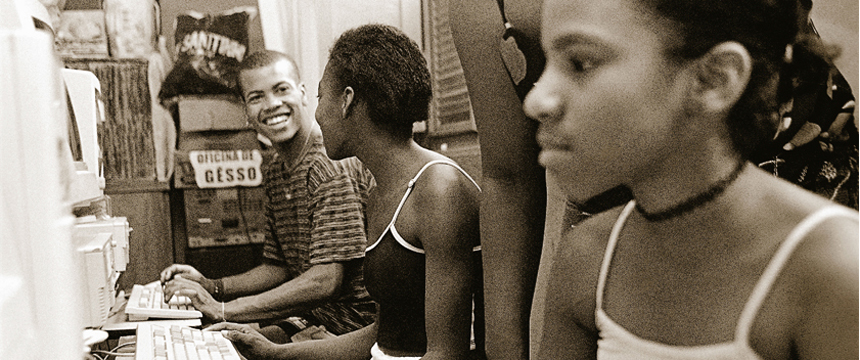August 13, 2013
Last month, we released the final report of the Global Impact Study of Public Access ICTs, Connecting people for development: Why public access ICTs matter. In addition to the overall analysis presented in the final report, TASCHA researchers also conducted analysis specifically related to ICT access in public libraries in Botswana, Chile, and the Philippines. The report based on this analysis, Public libraries connecting people for development: Findings from the Global Impact Study, is now available for download. Using data from Botswana, Chile, and the Philippines, the report summarizes the study’s key findings with a focus on libraries, situating these venues in the context of national development, discussing some disputed issues, and providing recommendations for policymakers, library practitioners, and researchers.



